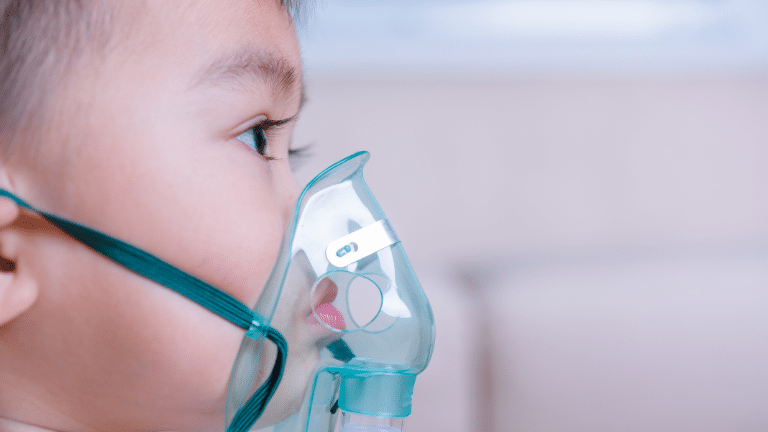
A runny nose, cough, sore throat, fever, and headache are some of the common symptoms of RSV. Sometimes those with the virus can also experience ear infections. Difficulties with breathing and wheezing can be experienced in severe cases in younger children and older adults. Symptoms usually begin around five days after exposure to the virus.
Like many other respiratory viruses, it is spread through the air. This occurs when someone infected coughs or sneezes, releasing droplets containing the virus. Additionally, it can be spread by touching surfaces contaminated by droplets from an infected person.
RSV can affect anyone; however, most cases are mild.
Babies and young children are at risk of breathing complications. This is especially true for those with a weakened immune system. RSV can cause bronchiolitis in babies and young children. This chest infection may require hospital treatment with extra oxygen.
Older adults are at risk of more severe symptoms of RSV, particularly those with chronic disease or a weakened immune system. RSV can cause complications such as pneumonia.
As with many respiratory viruses, practicing good hygiene is the best way to prevent RSV from spreading. A person is usually infectious for 3-8 days after symptoms begin. Good hygiene can be practiced by:
A single dose of RSV vaccine (Arexvy or Abrysvo) is recommended for people aged 75 years and over, First Nations people aged 60 years and over, and adults aged 60 years and over with conditions that increase their risk of severe RSV disease
The RSV vaccine Abyrsvo is funded under the National Immunisation Program (NIP) for eligible pregnant women from February 3 2025. A single dose of Abrysvo is recommended for pregnant women at 28–36 weeks gestation to protect the infant via passive immunisation.
States and Territories have funding for RSV specific monoclonal antibodies for certain groups of infants and young children. See state and territory guidance for details of each program.
Most people with RSV improve within a few days to a week. Basic symptom management can help with this, such as pain relief and fever management. Rest and keeping hydrated are also important.
In severe cases, hospital admission and treatment with oxygen and intravenous fluid may be necessary.
This article was updated on 28th January 2025 as a result of updated information from the Australian Government Department of Health and Aged Care.